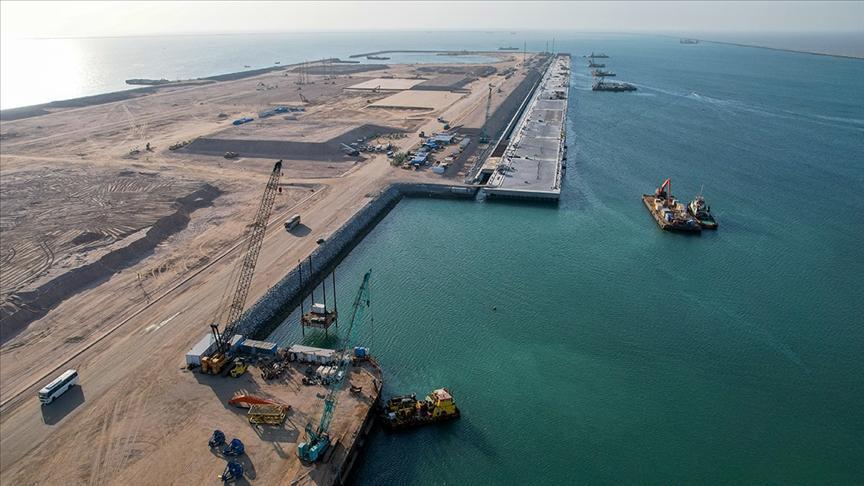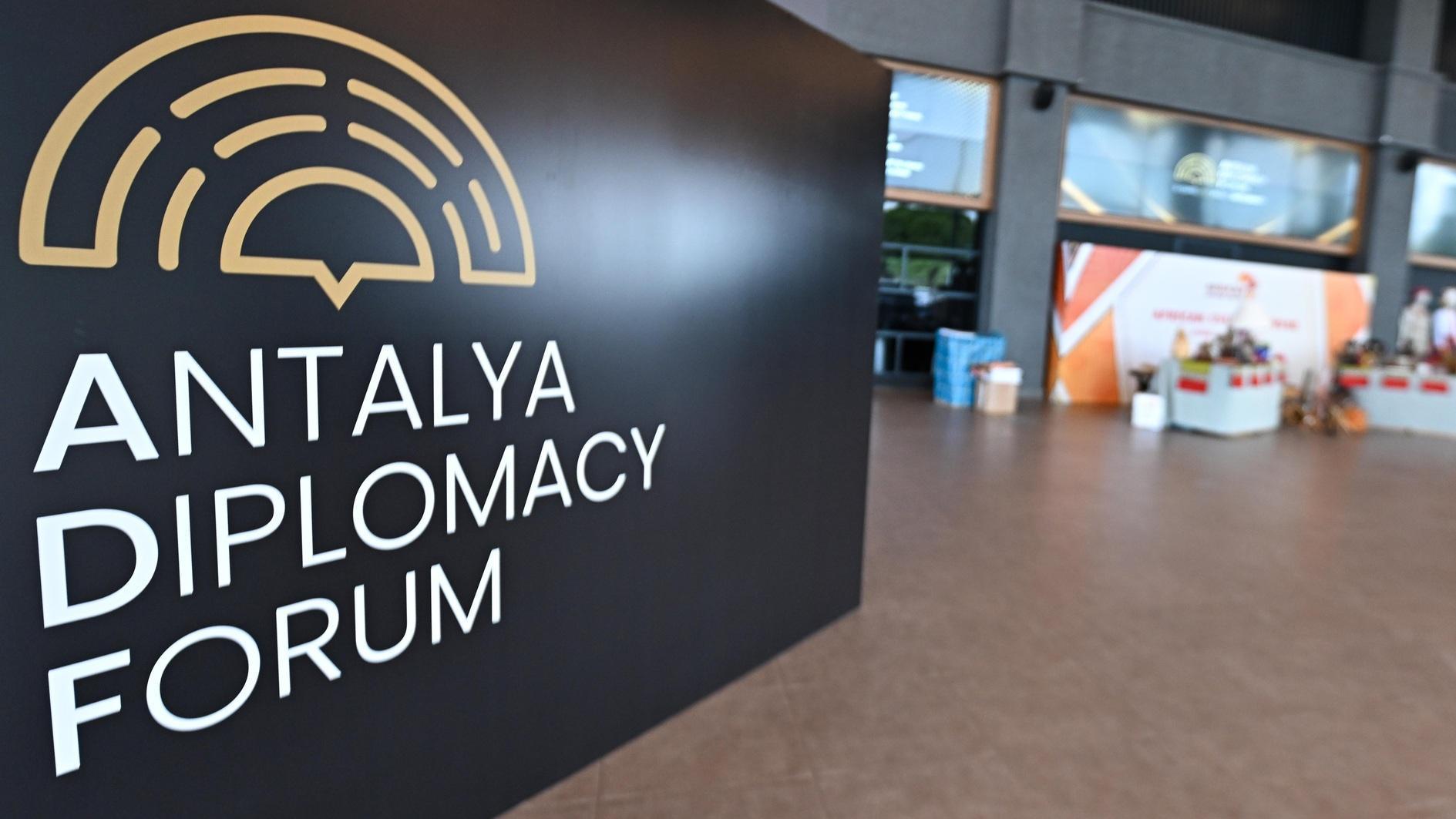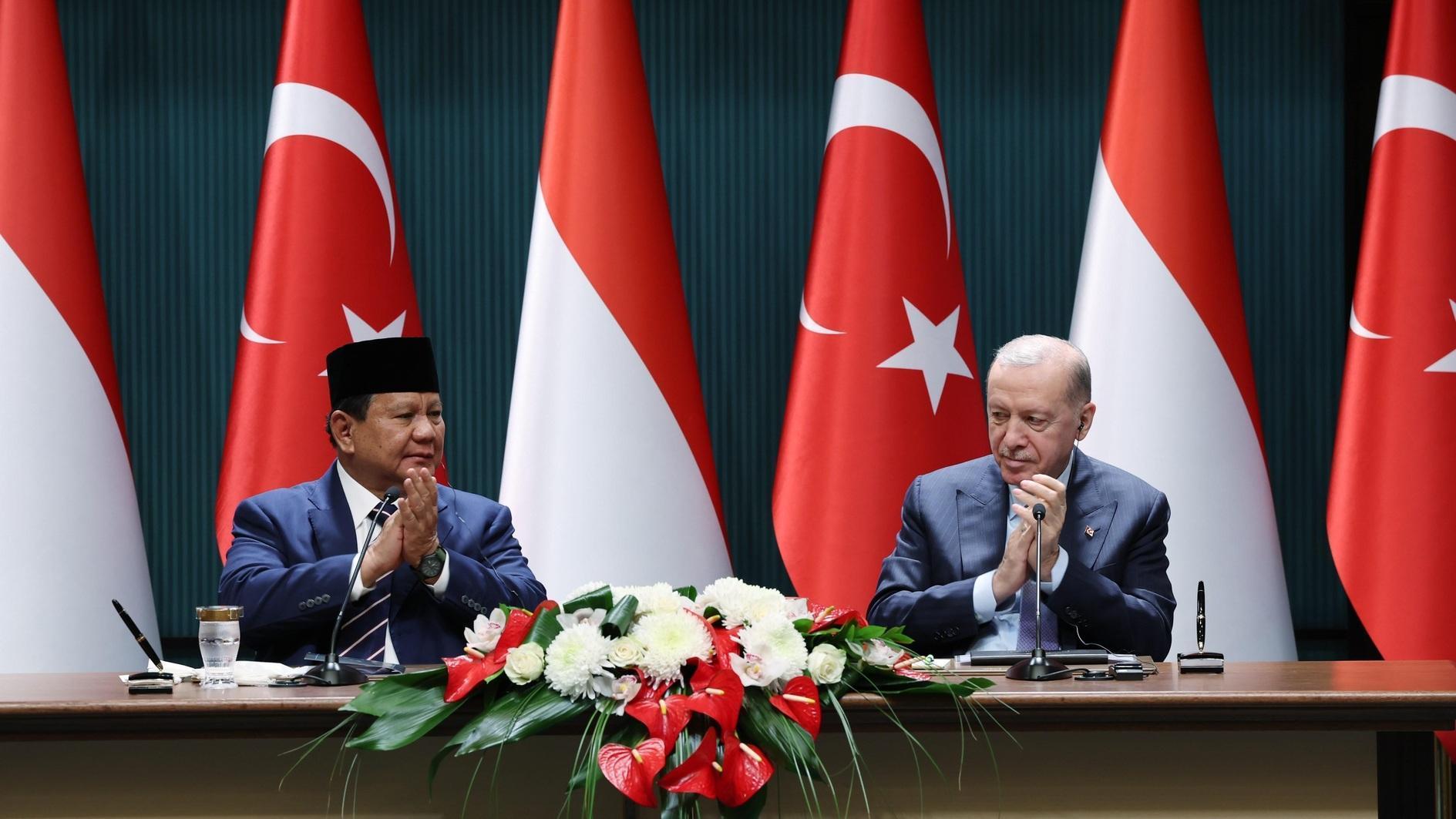An independent Kurdistan? Really?
The independence of the Kurdistan Regional Government (KRG) is being discussed once and more. Most recently, KRG President Massoud Barzani cited the disintegration of Yugoslavia and Czechoslovakia in reference to Iraq’s future. He inflamed the longstanding discussion about independence, saying, “Kurds have the right to self-determination just as Eastern European people do.”
Since he had just completed a visit to Turkey, this paved the way for questioning whether the issue of independence had been on the agenda in the bilateral meetings. However, Ankara takes a dim view of Kurdistan’s independence for now, just as the United States and Iran do. One of the reasons behind this is that such a development could further trigger chaos in the region. Second, Ankara is worried that this would encourage Turkey and Syria’s Kurds in the same direction.
Ankara’s concern is not baseless at all. The Democratic Union Party (PYD) and its military wing, the People’s Protection Units in northern Syria, which are affiliated to the Kurdistan Workers’ Party (PKK), are becoming increasingly consolidated. Turkey’s Euphrates Shield Operation has blocked the PYD’s bid to unite its cantons in the north for the time being. But on the other hand, the post-Islamic State of Iraq and the Levant (ISIL) map of Syria has become almost clear. The PYD’s zone of influence in the north is being supported by both U.S. and Russia. Moreover, even Syrian President Bashar al-Assad who has been opposing any Kurdish autonomy in his country, seems to have accepted this reality for now.
In addition, the American army seems to be continuing to use the YPG as its fighting force in Syria. Russia is also using the “Kurdish card” to the full extent. The more Ankara intensifies its contacts with Washington, the more Moscow grasps this trump. The pan-Kurdish national conference held in Moscow in mid-February with the participation of Kurds from Iran, Turkey, Iraq and Syria is only one example among many.
The second reason behind Ankara’s concern is the possible unity of Iraqi and Syrian Kurds although this does not seem plausible at the moment. Barzani and the PYD have been at odds for a long time, since the PYD has always kept Barzani’s forces out of northern Syria. The main issue between these two entities is who would control this region and western Iraq.
During the Obama administration, Washington tried to reconcile Iraqi and Syria Kurds, with these efforts bearing fruit from time to time. For example, last July, Barzani reopened the Semalka border crossing for a while which is the main gate for Syrian Kurds to the KRG.
The two entities cooperated specifically when the ISIL threat peaked. Right after ISIL captured Mosul in July 2014, the PYD offered help to Barzani. Likewise, peshmerga forces under Barzani crossed over to northern Syria to reinforce their Kurdish brethren in the siege of Kobane on December 2014.
However upon ISIL’s impending fall, this “de facto” reconciliation has collapsed. Now the two entities are again in harsh competition to the extent that Barzani has started to attack PKK camps in the Sinjar area in northern Iraq, the PKK’s second main base in the country. In addition, last week, PKK-affiliated groups attacked oil pipelines in Kirkuk which are under Barzani’s control.
In short, the unity of Iraqi and Syrian Kurds is out of the question for the time being. After all, what is mainly important for Turkey is defusing the independence of Kurdistan as a threat. By developing a new Kurdish policy, Ankara could also take the “Kurdish card” out of the hands of the regional and global powers.











